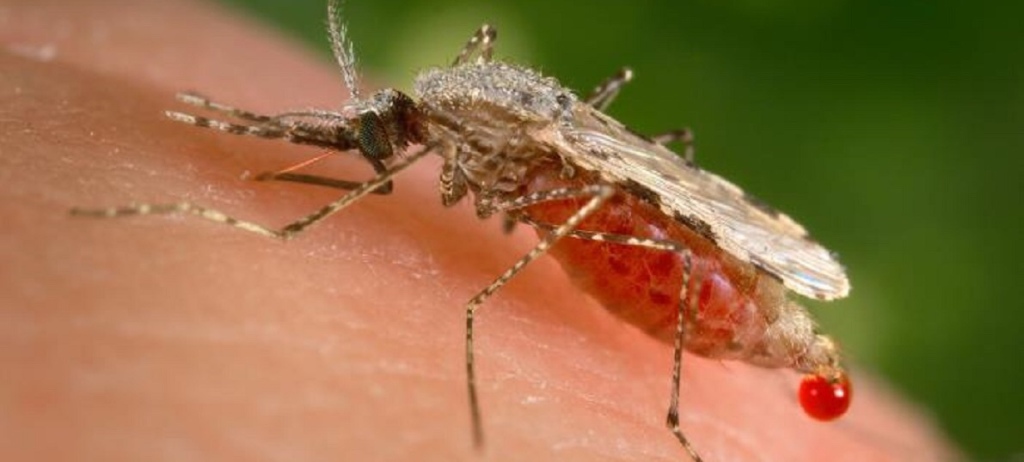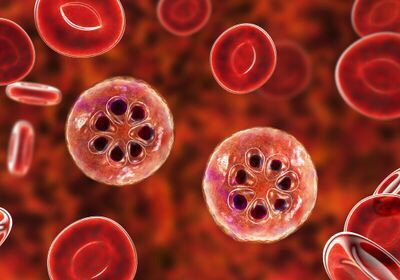*Music boosts your IQ and EQ. Try my favorite music while reading the article
*Overview

-Malaria is a life-threatening disease caused by a parasite which is transmitted through human through the bites of infected female Anopheles mosquitoes
-Infected people usually become very sick with a high fever and shaking chills. However, this disease is preventable and curable
*Causes
-Malaria is an acute illness caused by single-called parasites called Plasmodium which are commonly spread to people through female Anopheles mosquitoes’bites
-There are 5 parasite species that cause malaria in humans and the two most deathly threats are P. falciparum and P. vivax (P. falciparum is the most prevalent in African countries while P. vivax is the dominant parasite in countries located outside of sub-Saharan Africa
-Mosquito transmission cycle

+Uninfected mosquito: a mosquito gets infected if it bites a person who has malaria
+Transmission of parasites: this mosquito, in the future, might bite another person and thus, it transmit malaria parasites to this particular person
+In the liver and bloodstream: when the parasites enter our body, they will travel to our livers (approximately a year). Then, when they become mature, they will get into the bloodstream and infect our red blood cells. At this point, people would experience some malaria symptoms

+The spread of parasites: an uninfected mosquito bites people who have malaria at this stage in the cycle, it will become infected and can spread parasites to the other people that it bites
-Other types of malaria transmission
+People can also have malaria from exposure to infected blood:
- Pregnancy (from mother to unborn child)
- Blood transfusions
- Using same needles to inject drugs
*Symptoms
-Some symptoms usually appear 10-15 days after the infective bite:
+Fever
+Headache
+Chills
+Feeling of discomfort
+Vomiting
+Dizziness
+Abdominal and muscle or joint pain
+Fatigue
+Rapid breathing and heart rate
+Shivering and sweating
-If left untreated, P. falciparum malaria can progress to severe illness and death. You should contact the doctor right away after you experience a fever while living in or after traveling to a high-risk malaria region
-Malaria deaths are commonly related to one or more complications like
+Cerebral malaria: small blood vessels to your brain are blocked by parasite-filled blood cells causing brain damage
+Organ failure: malaria can damage the liver or kidneys and these conditions can be life-threatening
+Anemia: malaria could lead to the lack of red blood cells for an adequate supply of oxygen to our body’s tissues
+Hypoglycemia: malaria could cause an extreme low blood sugar and result in coma or death
+Breathing problems: malaria could fill up our lungs with an excess amount of fluid (pulmonary edema) and make breathing more difficult
*Risk factors
-The greatest risk factor for this infection is living or traveling to areas where malaria is common (tropical and subtropical regions)
+Sub-Saharan Africa
+South and Southeast Asia
+Pacific Islands
+Central America and Northern South America
*Prevention

-We should be careful when we live in or travel to areas where malaria is common by covering our skin and using anti-insects products. Most important, currently, there are available vaccines for malaria. The World Health Organization has recommended a malaria vaccine for use in children who live in countries with high numbers of malaria cases.